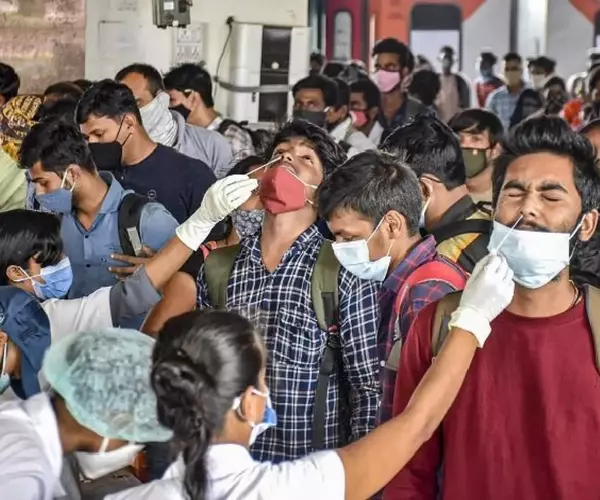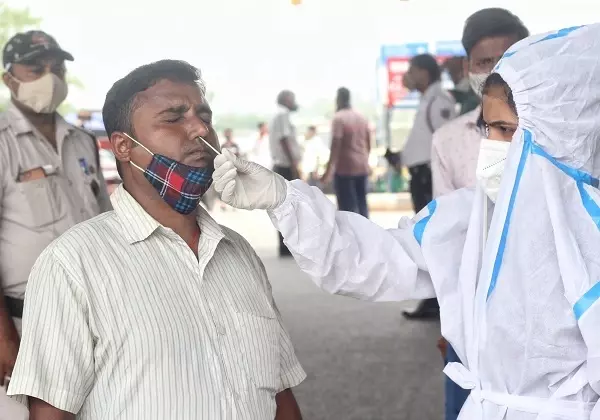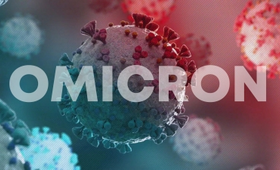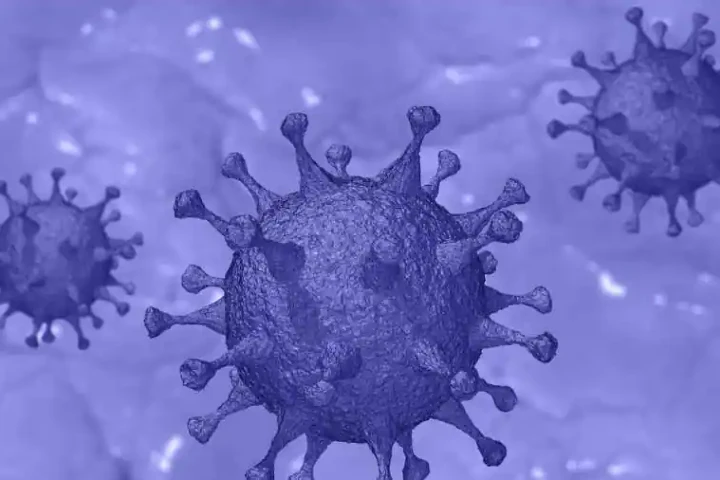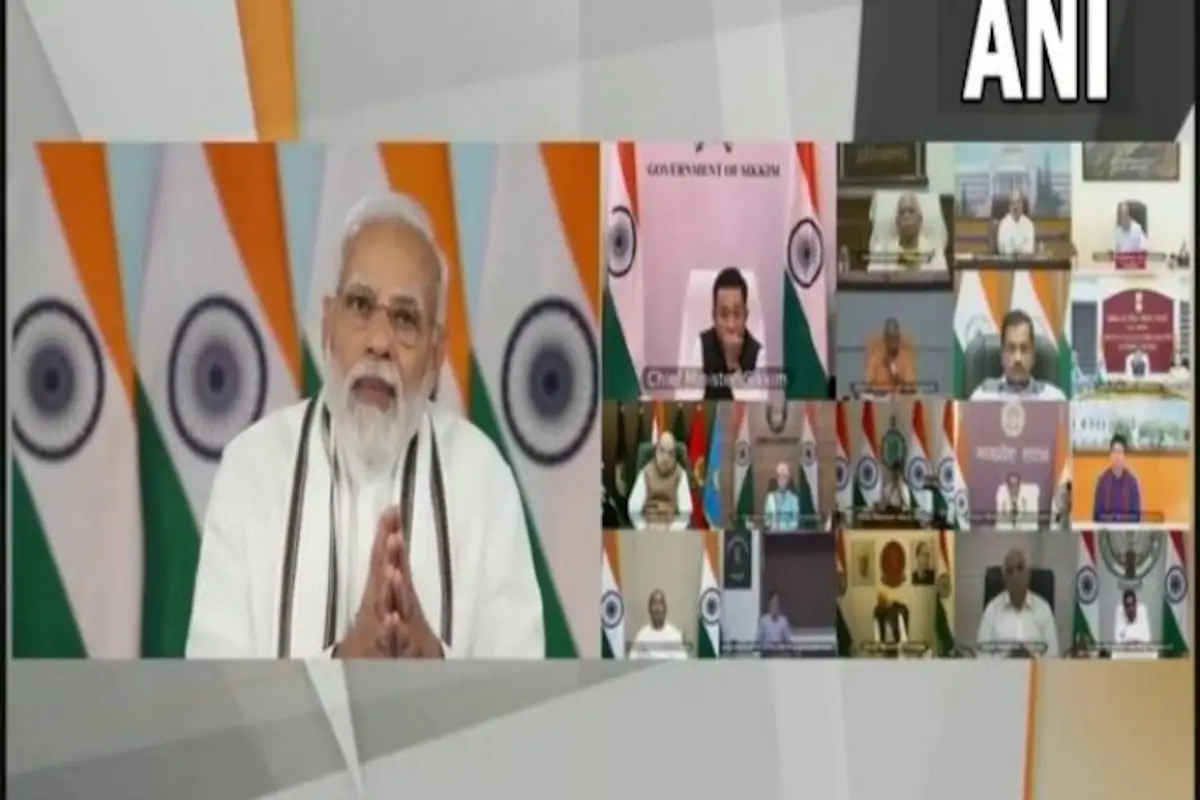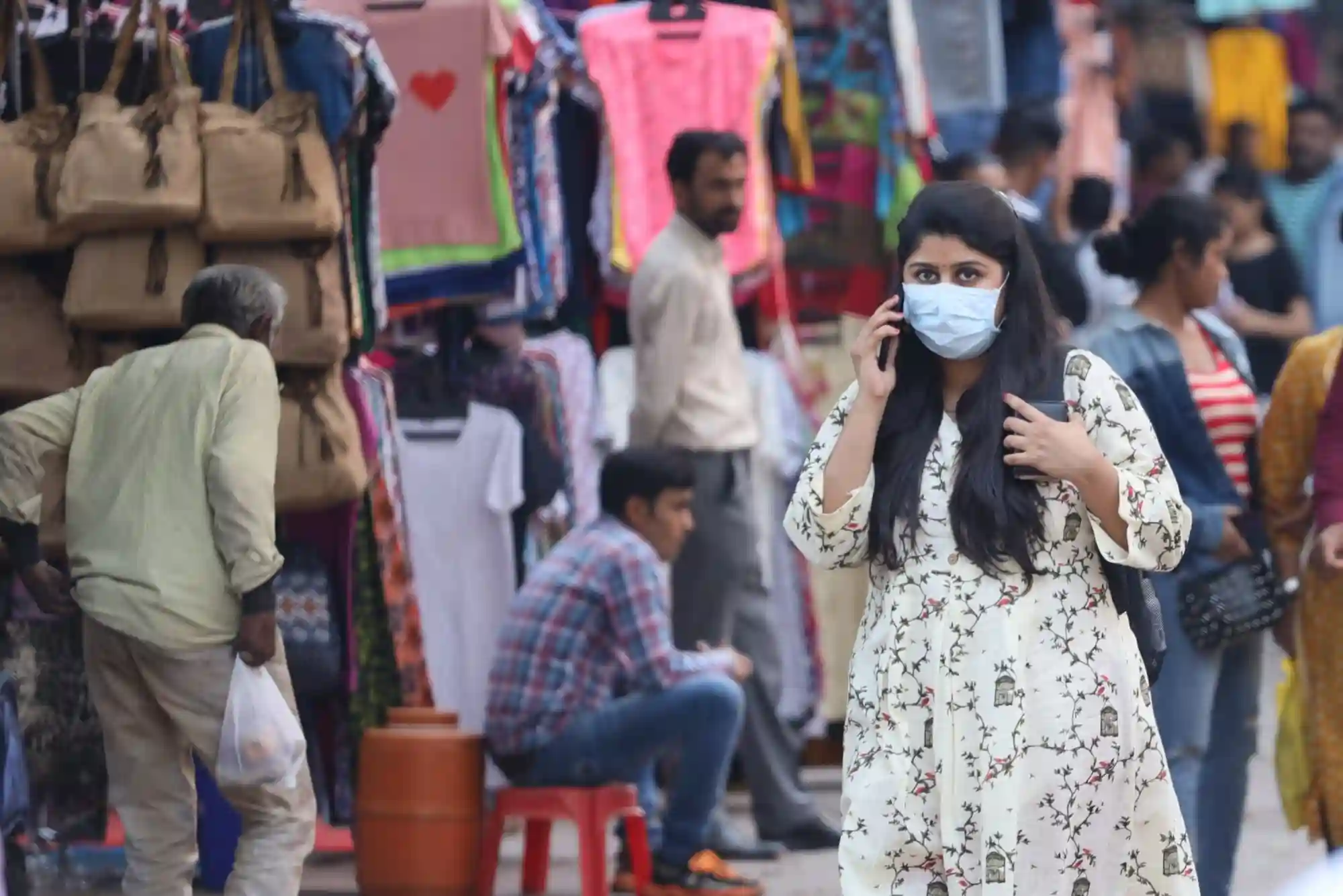The Union Ministry of Health and Family Welfare has issued answers to Frequently Asked Questions (FAQs) on the new variant of COVID19, classified as Omicron (B.1.1.529) by the WHO.
Will there be a third wave?
Omicron cases are increasingly being reported from countries outside of South Africa and given its characteristics, it is likely to spread to more countries including India.
The Health Ministry on Friday said, “Given the fast pace of vaccination in India and high exposure to delta variant as evidenced by high seropositivity, the severity of the disease is anticipated to be low. However, scientific evidence is still evolving.”
Both of India's first two Omicron patients, reported on Thursday, showed mild symptoms.
Will the existing vaccines work against Omicron?
While, there is no evidence to suggest that existing vaccines do not work on Omicron, some of the mutations reported on Spike gene may decrease the efficacy of existing vaccines. However, vaccine protection is also by antibodies as well as by cellular immunity, which is expected to be relatively better preserved. Hence vaccines are expected to still offer protection against severe disease and vaccination with the available vaccines is crucial. If eligible, but not vaccinated, one should get vaccinated.
What precautions should we take?
The precautions and steps to be taken remain same as before. It is essential to mask yourself properly, take both doses of vaccines (if not yet vaccinated), maintain social distancing and maintain good ventilation to the maximum possible.
Can the currently used diagnostics methods, detect Omicron?
The variant can be distinguished in PCR tests as unlike the Delta variant it has a mutation known as the S-gene drop-out.
In the case of Omicron, as the S gene is heavily mutated, some of the primers may lead to results indicating absence of the S gene (called as S gene drop out).
However, for final confirmation of the omicron variant genomic sequencing is required.
Why do variants occur?
Variants are a normal part of evolution and as long as the virus is able to infect, replicate and transmit, they will continue to evolve.
Also read: FAQs on SARS-CoV-2 Variant-Omicron






